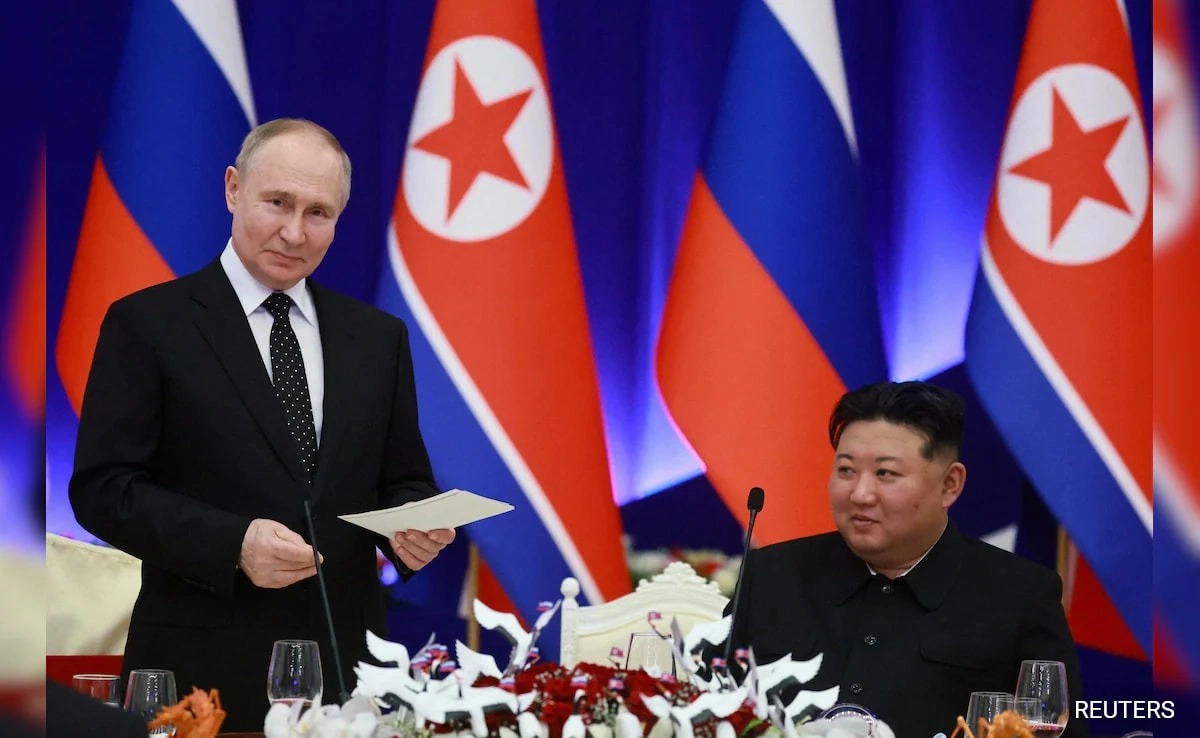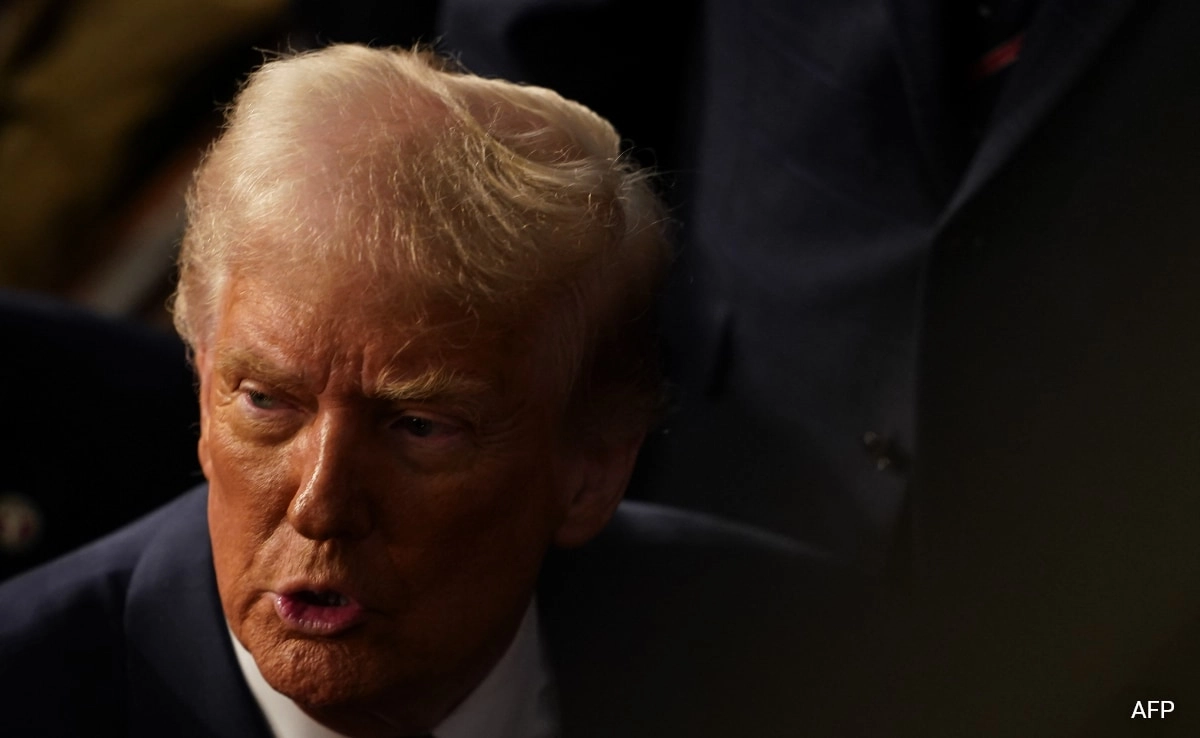Russian President Vladimir Putin and North Korean leader Kim Jong Un are set to attend China’s “Victory Day” parade on September 26, an event that marks the anniversary of China’s victory over Japan in World War II. This parade is a significant occasion in China’s national calendar, not only celebrating military prowess but also serving as a platform for showcasing international alliances and solidarity among nations with shared interests. The participation of both leaders underscores the strengthening ties between their countries and China, particularly in the context of increasing tensions with the West.
The invitation to this parade comes at a time when geopolitical dynamics are shifting, with Russia and North Korea seeking to bolster their positions against perceived threats from the United States and its allies. For China, hosting such high-profile leaders reflects its strategic partnerships and enhances its influence in the region. The event is expected to feature a display of military might, with advanced weaponry and troop formations, designed to project strength not only to domestic audiences but also to international observers.
The presence of Putin and Kim at this event may also symbolize a united front among these nations, as they navigate their respective challenges. Russia continues to face sanctions and isolation due to its actions in Ukraine, while North Korea grapples with economic difficulties exacerbated by international sanctions and a prolonged pandemic. Their participation could signal a commitment to mutual support and cooperation, potentially leading to further discussions on military and economic collaboration.
As the date approaches, the international community will be closely watching the implications of this gathering. The interactions between these leaders, along with the messages conveyed during the parade, could have significant ramifications for regional stability and security. The event serves not only as a remembrance of historical conflicts but also as a reminder of the evolving alliances in a multipolar world, where nations are increasingly seeking to align themselves based on strategic interests.




